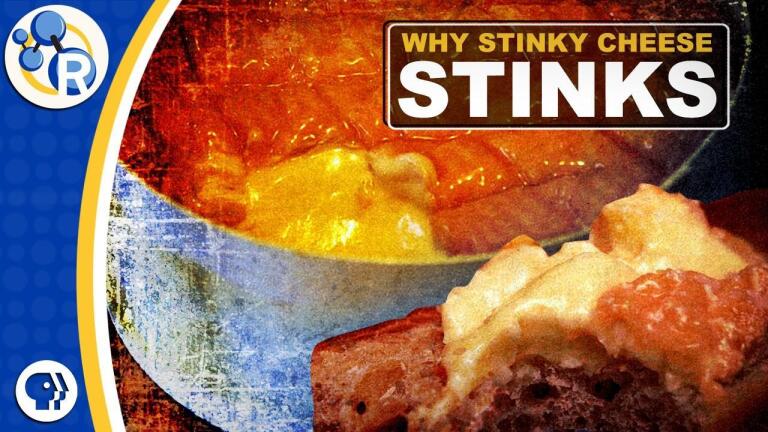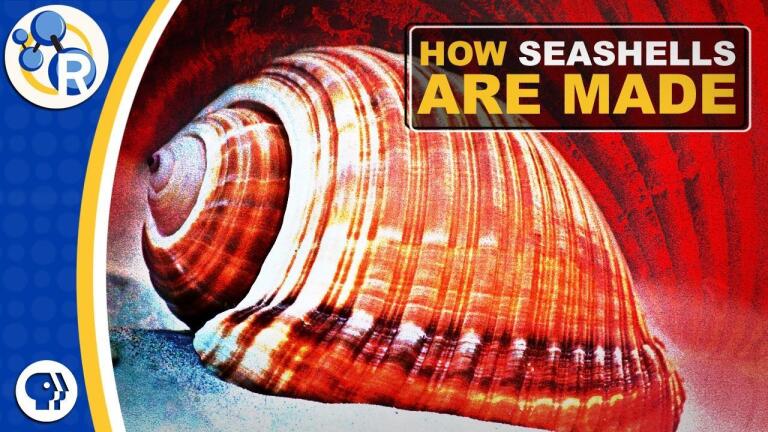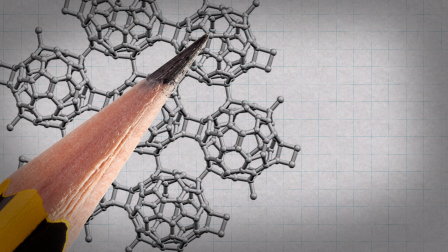Back to Show
Reactions
A Deep(er) Dive Into Whiskey Distilling Science
Season 8
Episode 10
Have you ever wanted to make your own bourbon? Don’t! The process might be relatively simple- heat a fermented liquid and keep only the boiled alcohol – but it is dangerous and illegal without a license. This video discusses how to separate one type of liquid from a slurry of others through boiling points and the intermolecular forces that influence them.
Sign up now for inspiring and thought-provoking media delivered straight to your inbox.
Support Provided By

4:57
It’s the chemistry of washed-rind cheeses that makes these foods so awfully stinky.

4:10
We tried to use chemistry to change hydrangea flowers from red to blue. Let's try again.

7:54
Surstromming, Swedish for sour herring, has a powerful stink thanks to food preservation.

5:05
What does the pH of soil have to do with the color of hydrangeas?

5:24
Are you breathing air molecules that were once exhaled by Caesar?

3:43
Chalk and seashells are made of the same stuff. So why is one crumbly and the other tough?

4:32
How does chemistry makes a cake donut and a yeast donut taste so different?

3:48
What do chameleons have to do with nanotechnology?

6:44
We visit St. James Cheese Company in New Orleans to learn about the chemistry of cheese.

4:22
Melatonin is a supplement that’s supposed to help you sleep. But does it work?

3:11
Airbags protect you in a car accident thanks to chemistry and a little bit of physics.

3:44
This ice burns because it’s actually methane trapped in water.











